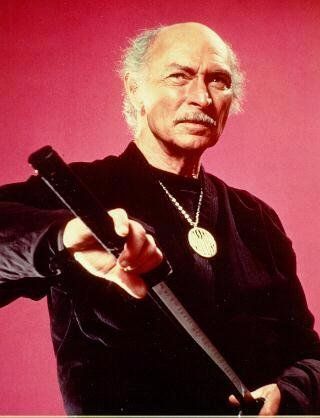jasonbrinn
Purple Belt
Good day,
I love MA. I love training MA for fun, friendship and fitness. I also study mostly for self defense. I have always thought that an ultimate goal is to master what one studies. If this is true to you as well, how many concepts/techniques do you think one could master realistically?
Thank you in advance for your time and consideration.
Jason Brinn
I love MA. I love training MA for fun, friendship and fitness. I also study mostly for self defense. I have always thought that an ultimate goal is to master what one studies. If this is true to you as well, how many concepts/techniques do you think one could master realistically?
Thank you in advance for your time and consideration.
Jason Brinn


